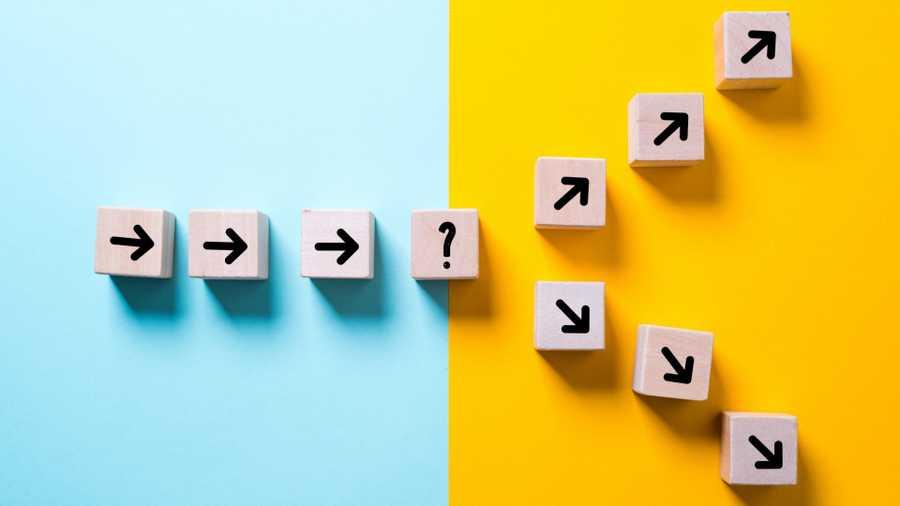Making Decisions
It would be easy to ascribe these tendencies to a simple quirk of evolution—a kind of mental tic encoded in our genes. But what if the cognitive biases we exhibit when making choices are not limited to us? What if these biases are basic emergent properties of any system forced to make decisions with limited mental resources?
In order to get inside the “black box” of humanity’s irrationality when deciding between many options, researchers created a simplified mathematical model of how a machine—an “automaton”—would make choices.
27
335 reads
CURATED FROM
IDEAS CURATED BY
Psychologists and behavioral economists have established that humans exhibit a number of fairly predictable biases in their decision making. For example, when offered a menu, people generally choose one of the first items on it or the very last item.
“
The idea is part of this collection:
Learn more about psychology with this collection
Conducting effective interviews
Identifying the right candidates for the job
Creating a positive candidate experience
Related collections
Read & Learn
20x Faster
without
deepstash
with
deepstash
with
deepstash
Personalized microlearning
—
100+ Learning Journeys
—
Access to 200,000+ ideas
—
Access to the mobile app
—
Unlimited idea saving
—
—
Unlimited history
—
—
Unlimited listening to ideas
—
—
Downloading & offline access
—
—
Supercharge your mind with one idea per day
Enter your email and spend 1 minute every day to learn something new.
I agree to receive email updates
